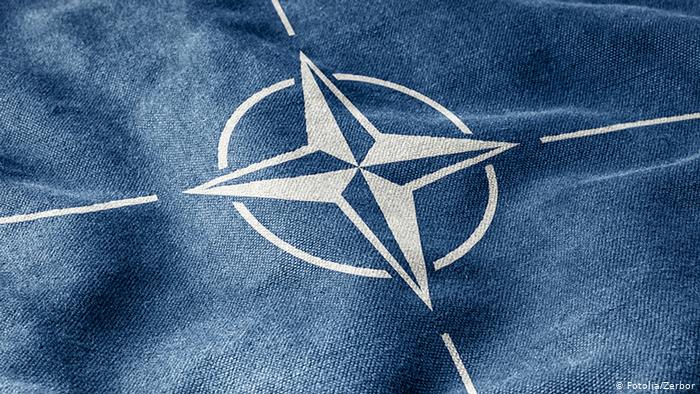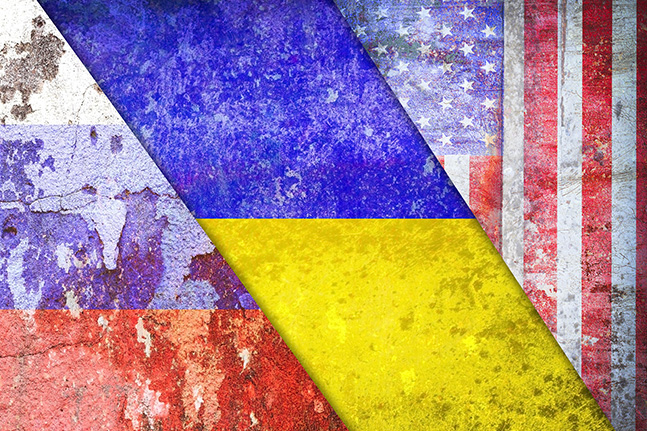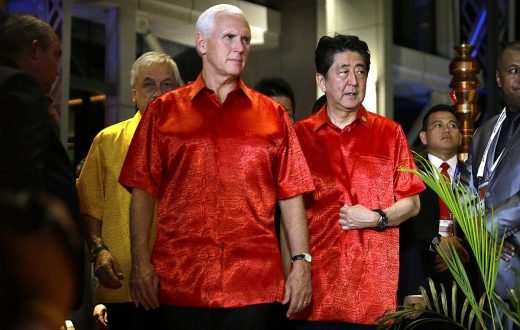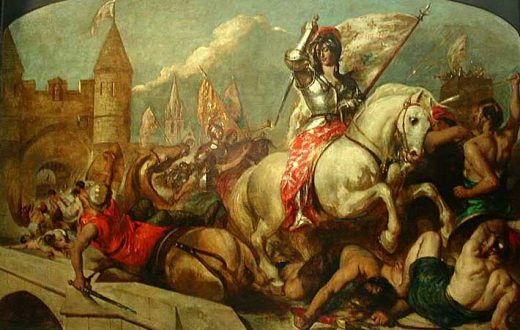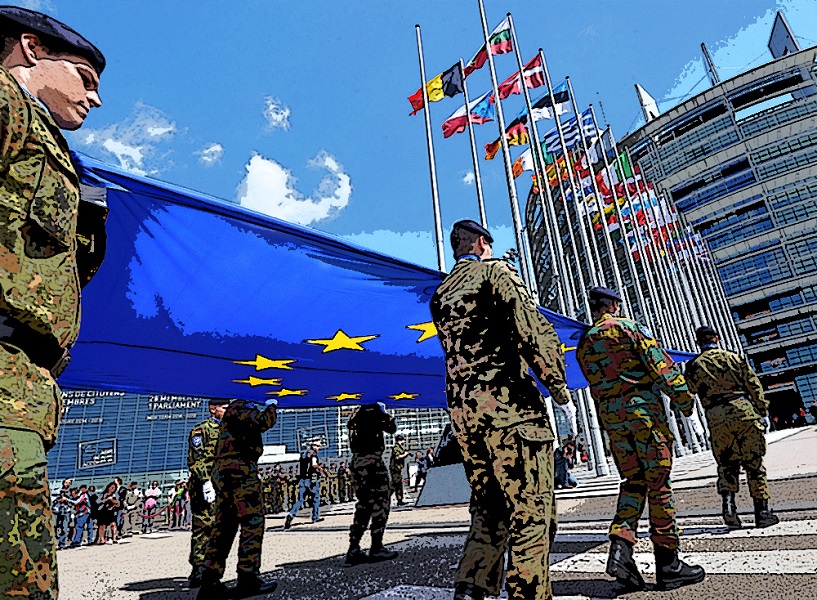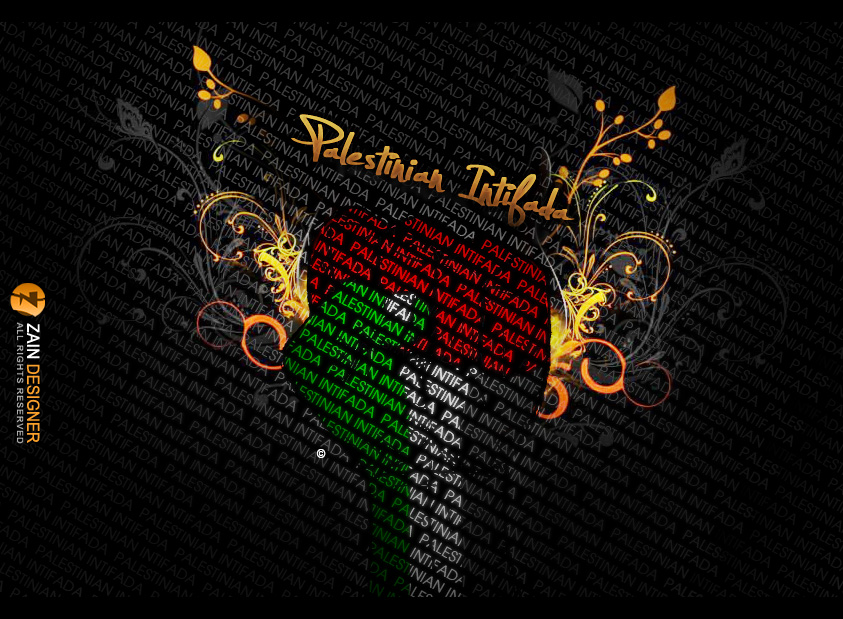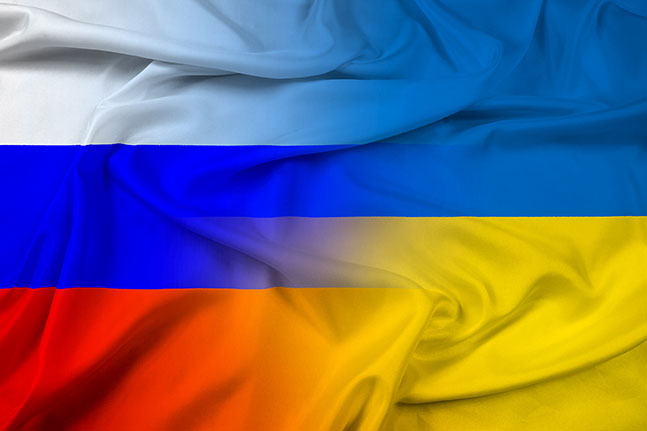The European fracture between France and Germany
German Foreign Minister Heiko Maas warned on Sunday against undermining NATO, in Berlin’s strongest response to date to French President Emmanuel Macron’s critical remarks about the security alliance.
Macron told The Economist this week that NATO was experiencing “brain death”, citing a lack of coordination and U.S. unpredictability under President Donald Trump. He also expressed doubt about the U.S.-led alliance’s security maxim that an attack on one ally would be treated as an attack on all.
“It would be a mistake if we undermined NATO. Without the United States, neither Germany nor Europe will be able to effectively protect themselves,” Maas wrote in a column published online by Der Spiegel magazine.
Maas supported Macron’s call to strengthen Europe’s defense capabilities. “That’s why together with France, we are working hard to build a Europe that works much closer together in security policy,” Maas wrote.
France has traditionally had an ambivalent role in NATO, taking no part in its strategic military planning from 1966 to 2009 despite being a founding member. Still Macron’s comments – a month before NATO’s Dec. 4 summit in London – were unexpected.
Germany, for its part, has been accused by the United States and European allies of spending too little on defense.
Maas repeated his call for the creation of a European Security Council in which Britain should also be a member, regardless of London’s planned exit from the European Union.
Maas said he was working closely on this idea with his French counterpart Jean-Yves Le Drian, and Germany would present a framework for such a council during its EU presidency in the second half of 2020.
Chancellor Angela Merkel said in her weekly video podcast that NATO was the central pillar of Germany’s defense architecture, adding that European countries had to take on more responsibilities in the security alliance.
“We’ll also develop weapons systems together in the future. This includes the project of a new combat aircraft as well as a battle tank,” said Merkel.
The chancellor will meet Macron in Berlin later on Sunday during a dinner to mark the 30th anniversary of the fall of the Berlin Wall.
The crisis with Turkey
The United States will do its “very best” to keep Turkey in NATO, the US national security advisor said Sunday ahead of a White House visit by President Recep Tayyip Erdogan.
Erdogan’s scheduled meeting Wednesday with President Donald Trump comes amid fraying relations between the two allies, aggravated by its recent offensive against US Kurdish allies in Syria.
Robert O’Brien, Trump’s new national security advisor, suggested in an interview with CBS’s “Face the Nation” that keeping Turkey in NATO was of overriding importance to the administration.
The US House of Representatives, however, voted on Tuesday to sanction Ankara for its assault last month on Kurdish-controlled territory in northern Syria.
The same day, it approved a resolution recognizing the “Armenian genocide,” in a symbolic but unprecedented rebuke to Turkey.
The House had previously passed a resolution warning Turkey against going through with a purchase of Russian S-400 air and missile defense system, which Ankara has defiantly ignored.
Asked whether Trump would veto the sanctions against Turkey, O”Brien said, “We have to see what happens.”
“If Turkey won’t get rid of the 400, Turkey will feel the impact of those sanctions,” O’Brien said.
“There is no place in NATO for the S-400 and for Russian purchases, and that’s a message that the president will deliver to him very clearly when he is here in Washington.”
The opinion of YoungDiplomats
It seems that Nato is facing tough times. It’s time for this organization to question its very existence. As a reminder, this military alliance was created at the end of the forties to stand against the Soviet Union. Nowadays, France has others geopolitical challenges. Indeed, Paris seems less and less reluctant to get closer from Russia and China. Besides, Turkey is eager to rebuild its former power – and why not Empire?
Germany is highly dependent from this structure, will the surge of a European Army damage the utility of Nato ? Hard to say. As a conclusion, it has to be said that Nato is at a turning point of its History. The structure is doubtlessly useful for high-level military drills but the predominant role of the US may veil this effective side.
Sources
https://www.france24.com/en/20191110-us-will-do-very-best-to-keep-turkey-in-nato-trump-aide
This article fuses theses two sources. Thanks to their work.

